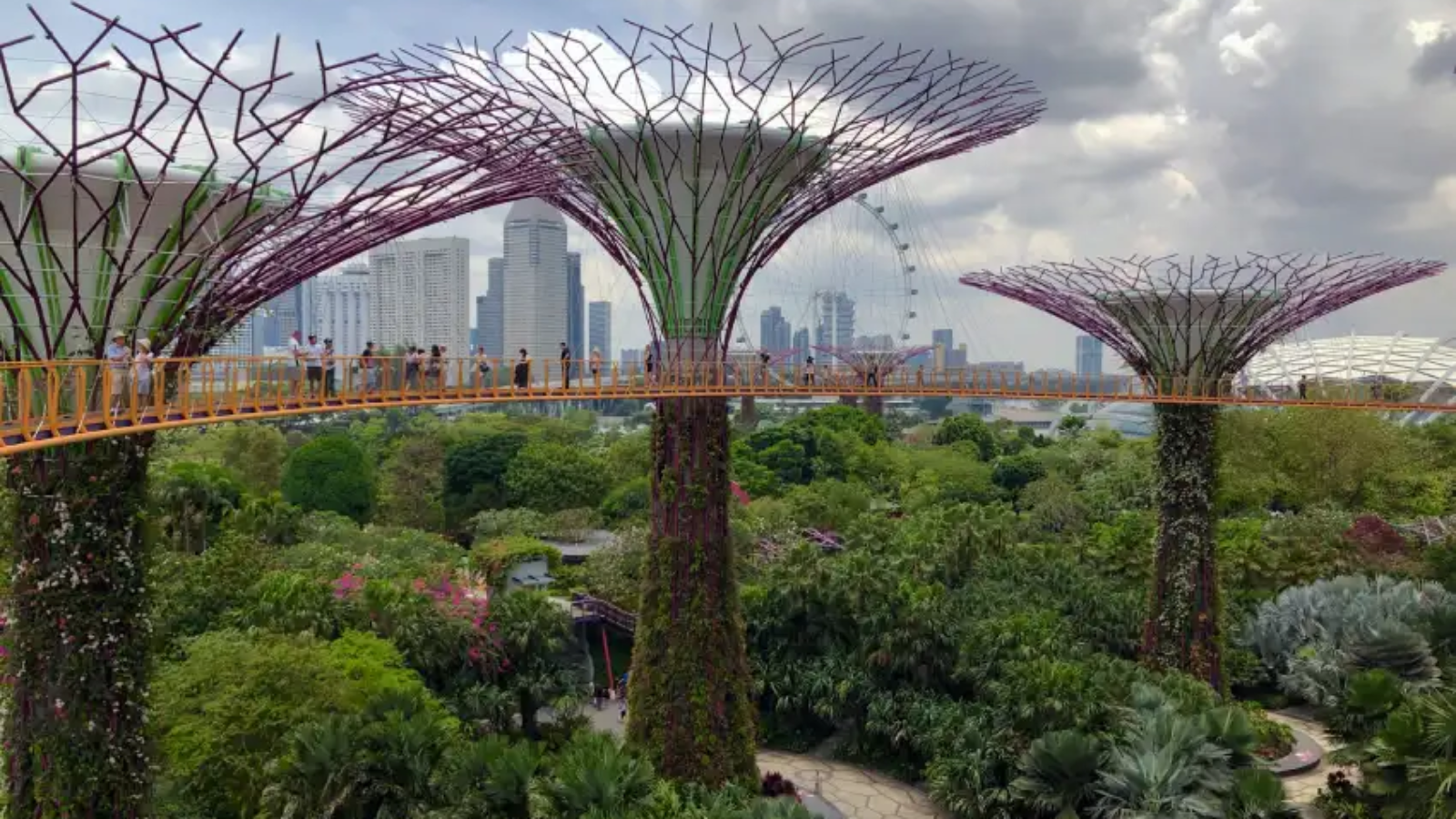Sustainable tourism is an increasingly important priority in the tourism industry, aiming to reduce its negative impact on the environment and the communities where the activity takes place. In this context, technology, and especially advancements like artificial intelligence (AI), have emerged as tools with the potential to transform how tourism is managed and operated. Below, we mention five ways in which artificial intelligence can contribute to sustainable tourism:
Driving Sustainable Tourism with Artificial Intelligence
1. Efficient Resource Management
Artificial intelligence can enhance resource management in tourist destinations by optimizing the use of energy, water, and other natural resources. Through real-time data analysis and the use of advanced algorithms, AI can identify consumption patterns and predict demand, enabling more effective planning and efficient resource allocation. Thus, AI-based energy management systems can automatically adjust lighting and climate control in hotels and tourist buildings to minimize energy waste.
2. Personalization of the Traveler Experience
Artificial intelligence can improve the traveler experience by providing personalized recommendations tailored to individual preferences.
By understanding the needs and preferences of travelers, tour operators can offer relevant suggestions for activities, accommodations, restaurants, and tourist attractions, with the opportunity to promote more conscious and responsible tourism by encouraging sustainable and environmentally respectful activities.
3. Prediction and Management of Sustainability
Using machine learning algorithms, AI can identify emerging trends and patterns, allowing destination managers to take proactive measures to address issues like congestion in sensitive tourist sites.
Mobile device tracking technologies and social media data gather information on visitor numbers, movements, and activities at the destination.
With this information, AI can predict which activities could be offered as alternatives or expanded to be profitable, based on tourist demand, resource availability, and area capacity.
4. Expansion of Information Channels
AI-based chatbots and virtual assistants process data that improves the experience for service providers and customers.
These can be used to provide information and answer visitors’ questions in real-time at places like museums. This can improve visitor accessibility and satisfaction while freeing up staff to focus on more specialized tasks.
5. Innovation in Conservation and Heritage Preservation
Artificial intelligence can drive innovation in the conservation and preservation of cultural and natural heritage by facilitating the identification and protection of important resources. AI-based tools can help detect illegal deforestation, poaching, and other environmental crimes in protected areas.
Additionally, AI can contribute to the digitization and documentation of archaeological and cultural sites, preserving their history and enabling virtual access for education and sustainable tourism.
Conclusion
Artificial intelligence offers great potential to drive sustainable tourism by improving resource management, personalizing the traveler experience, predicting and managing sustainability, and promoting heritage conservation.
However, this potential also involves managing risks associated with its use, such as data privacy management, algorithmic bias, and social impact. With a careful and collaborative approach, artificial intelligence can be a powerful tool to advance towards a future of more responsible and sustainable tourism.
Discover Your Future in the Tourism World! We offer a wide range of studies and courses designed to prepare you for a successful career in this constantly evolving industry. From hotel management to sustainable tourism, our programs will provide you with the skills and knowledge needed to excel in this sector.


